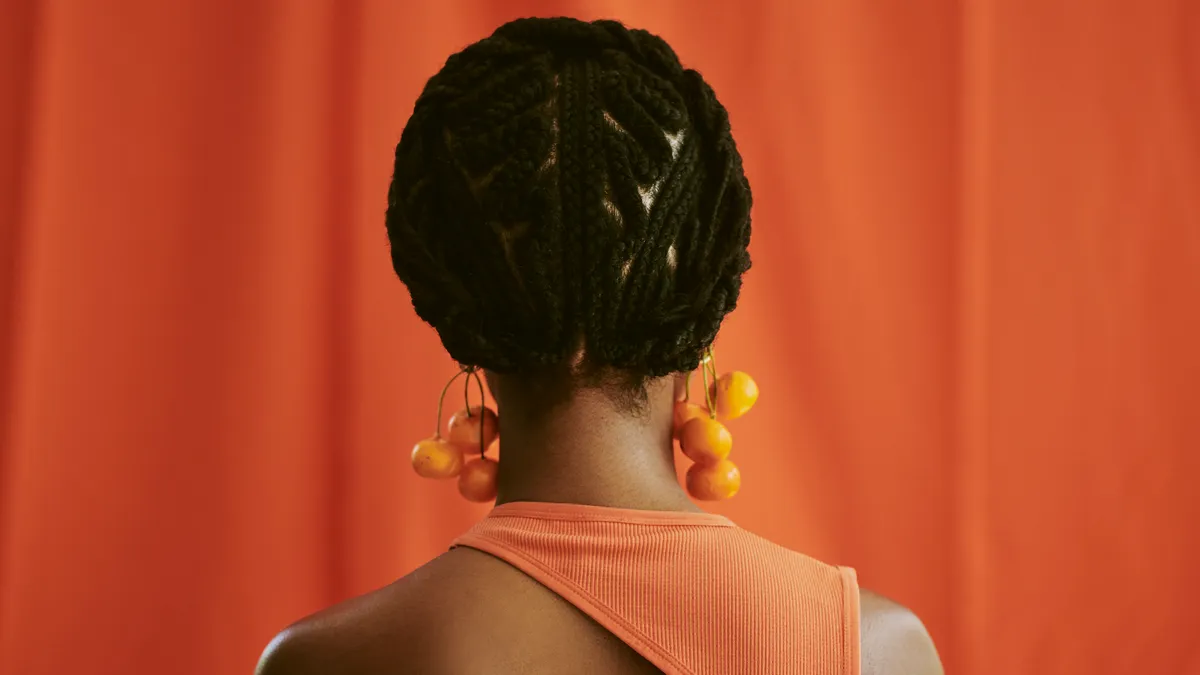Dive Brief:
- Rep. Bonnie Watson Coleman, D-N.J, reintroduced a bill to pass the Creating a Respectful and Open World for Natural Hair, or CROWN, Act federally last week. Other notable bill co-sponsors include Rep. Ayanna Pressley, D-Mass., Ilhan Omar, D-Minn., and Maxwell Frost, D-Fla. Cory Booker, D-N.J., reintroduced the bill in the Senate.
- Previously, the House of Representatives passed a federal CROWN Act in 2022 and 2019; both times, the Senate blocked the bill.
- Labor experts have long highlighted that how Black workers wear their hair — and negative perceptions therein from non-Black talent — is an inclusion and equity issue on top of a compliance one.
Dive Insight:
The CROWN Act would protect hair that is “tightly coiled or tightly curled.” Hairstyles such as Afros, Bantu knots, braids, cornrows, twists and dreadlocks or locs, will be protected — along with other hairstyles tied to national origin or racial background.
This legislation appears to be the next natural step in outlawing racial discrimination. As has been the case with skin color, people have used hair texture and style to identify and categorize people based on race. At least 24 states have passed the CROWN Act, according to the Economic Policy Institute.
Where the CROWN Act is law
“Racial and national origin discrimination can and do occur because of longstanding racial and national origin biases and stereotypes associated with hair texture and style,” the federal CROWN Act proposal noted. This discrimination is “reflected in school and workplace policies and practices that bar natural or protective hairstyles commonly worn by people of African descent.”
The U.S. Armed Forces’ grooming policy regarding Black servicewomen’s hair, which they rescinded in 2018, was highlighted as an example in the proposal.
“Purportedly race-neutral grooming policies that reinforce Eurocentric standards of beauty and myopic notions of what constitutes professional hair are problematic,” Dr. Adjoa B. Asamoah, a strategist for the CROWN Act movement, said in a May 1 statement. Asamoah’s goal is to “mitigate the physical, psychological, and economic harm caused by race-based hair discrimination.”
According to the 2023 CROWN Workplace Research Study, Black women were 2.5 times more likely to say their hair was perceived as “unprofessional.” Two-thirds of Black women said they feel compelled to change their hair for job interviews, and a sizable portion reported that the hairstyle change is to straighten out their curls.
Even once a job is secured, Black women still face harassment, the workplace report revealed: Black women with coiled or textured hair were two times more likely to report that they faced at-work microaggressions, and more than 1 in 5 women aged 25 to 34 years old said they have been sent home because of their hair.
Noting the disruption in career success based on discrimination, Omar said in a statement, “No one deserves to be judged or held back because of their hair texture or cultural hairstyle.”
Watson Coleman noted in a May 1 statement that hair factors significantly into Black people’s “overall well-being” and cultural expression.
“Discrimination against Black hair is discrimination against Black people. And we’re going to put a stop to it,” she said.














